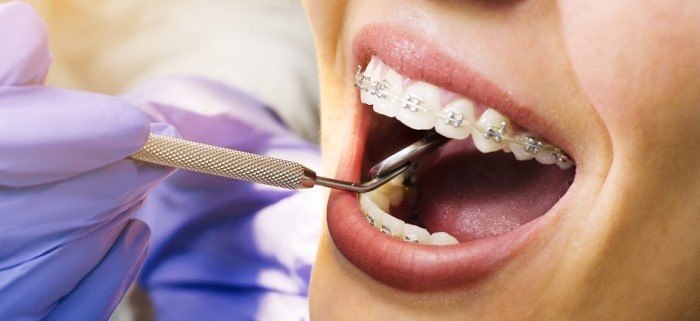The Impact of Nutrition on Dental Health – Foods That Promote Strong Teeth
Nutrition plays a pivotal role in maintaining overall health, including the health of our teeth and gums. The foods we consume can significantly impact our dental health, either promoting strong, healthy teeth or contributing to decay and disease. Understanding the types of foods that support dental health is essential for anyone looking to maintain a bright, healthy smile. One of the most critical nutrients for dental health is calcium. Calcium is vital for building strong bones and teeth. Dairy products such as milk, cheese, and yogurt are excellent sources of calcium. These foods not only provide calcium but also contain casein, a protein that helps fortify tooth enamel and prevent cavities. For those who are lactose intolerant or vegan, alternatives like almond milk, soy milk, and fortified orange juice can also provide the necessary calcium intake. Phosphorus is another mineral that works in conjunction with calcium to maintain dental health. Foods rich in phosphorus include fish, eggs, meat, and nuts. Phosphorus helps repair and rebuild tooth enamel, making it an essential component of a tooth-friendly diet. Alongside calcium and phosphorus, vitamin D is crucial because it enhances the absorption of calcium in the body.

Sunlight exposure is a primary source of vitamin D, but it can also be found in fortified foods and supplements. Crunchy fruits and vegetables, such as apples, carrots, and celery, are particularly beneficial for dental health. Their crisp texture stimulates saliva production, which is the mouth’s natural defense against plaque acids and food particles. Saliva contains enzymes that neutralize acids and wash away food debris, reducing the risk of cavities and gum disease. Additionally, these fibrous foods can act as natural toothbrushes, helping to scrub the surfaces of teeth and gums. Leafy greens like spinach, kale, and broccoli are powerhouses of vitamins and minerals, including calcium, folic acid, and B vitamins, which contribute to healthy gums and teeth. These vegetables also have high water content, which helps to clean the teeth and stimulate saliva production. Similarly, nuts and seeds, such as almonds, walnuts, and sunflower seeds, are rich in calcium and phosphorus, and their crunchy texture can help remove plaque from teeth.
Water is an often-overlooked component of dental health. Drinking water, especially fluoridated water, helps rinse away food particles and bacteria, maintaining a clean oral environment and learn more. Fluoride, a mineral found in water and many dental products, strengthens tooth enamel and makes it more resistant to decay. Staying hydrated ensures that saliva production remains optimal, providing continuous protection against tooth decay. On the other hand, it is crucial to limit the intake of sugary and acidic foods and beverages, such as candies, sodas, and citrus fruits. These can erode tooth enamel and create an environment where harmful bacteria thrive, leading to cavities and gum disease. If consumed, it is advisable to rinse the mouth with water afterward or brush the teeth to minimize damage. In conclusion, a balanced diet rich in essential nutrients not only supports overall health but also promotes strong, healthy teeth. Calcium, phosphorus, vitamin D, and crunchy, fibrous fruits and vegetables are particularly beneficial for dental health. Alongside good oral hygiene practices, mindful eating can go a long way in maintaining a beautiful, healthy smile.
